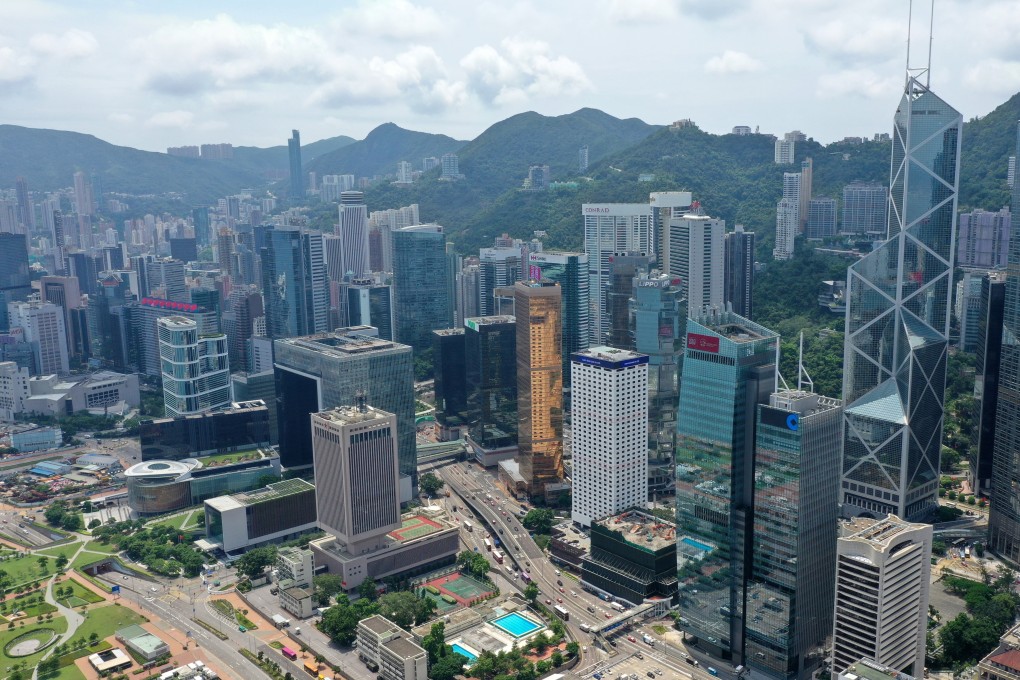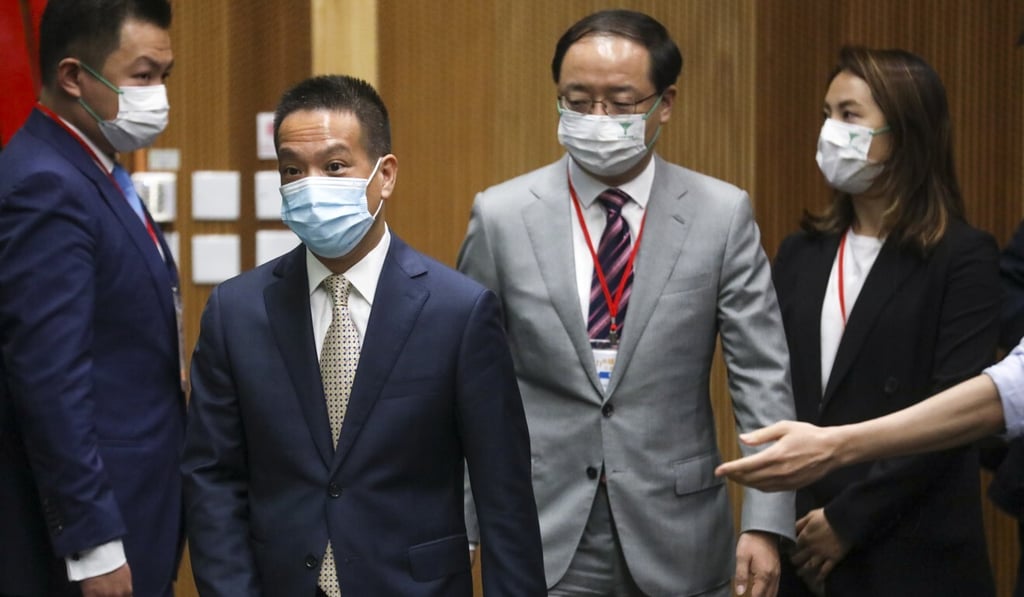Beijing delegation’s visit to Hong Kong much more than a briefing on economic development
- On the surface, high-profile meetings appeared to simply be about city’s role in China’s 14th five-year plan
- But analysts say messaging also focused on displeasure with local officials’ failure to push forward policies or see the big picture

At first glance, the high-profile visit by Beijing officials to Hong Kong this week appeared to be simply a series of meetings and forums to discuss China’s five-year grand plan, but analysts have said key messages were imparted during the four-day trip.
Not only was the central government keen to make known its impatience with the failure of local officials to push forward policies from Beijing’s perspective, the city’s administration and legislators were told they should act in concert with the central government and scrutinise relevant laws that benefit cross-border economic development under the “new political climate”.
Leading the delegation, deputy director Huang Liuquan of the State Council’s Hong Kong and Macau Affairs Office (HKMAO) made several telling speeches over the four days.
Addressing senior officials and lawmakers on Monday, Huang pointed to the “great responsibility” local leaders had, not only to govern and develop the city, but also to improve residents’ quality of life.

While integration with the five-year plan required the city’s officials to align their thinking with Beijing’s, he said, alignment went beyond convergence in policies and market practices.
In the forums, which included an unprecedented session at the Legislative Council, Huang and Luo Huining, director of Beijing’s liaison office in Hong Kong, warned the city must pick up the pace of its economic development.